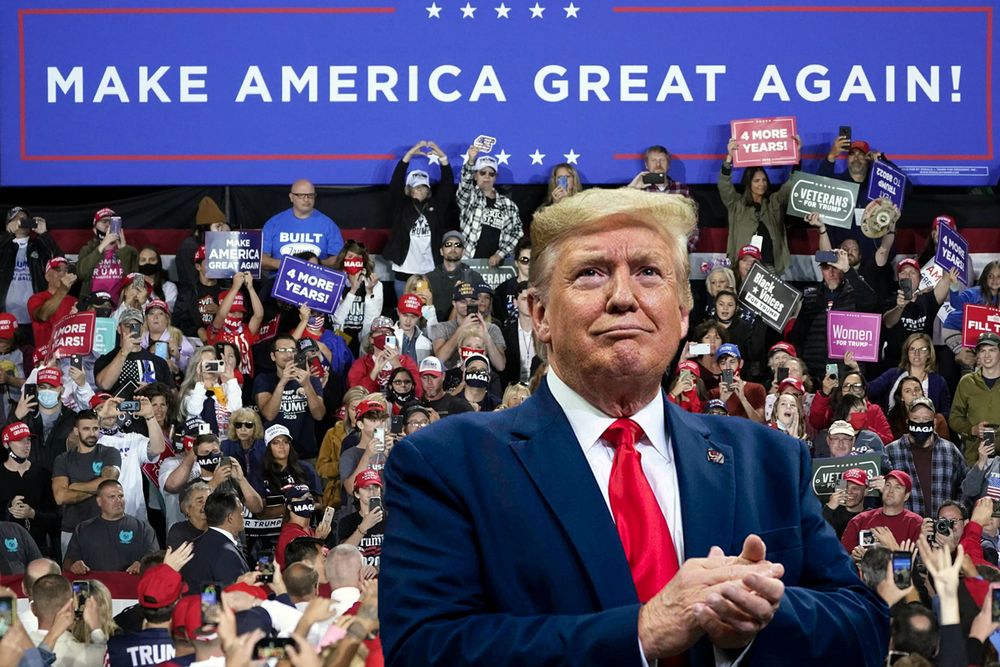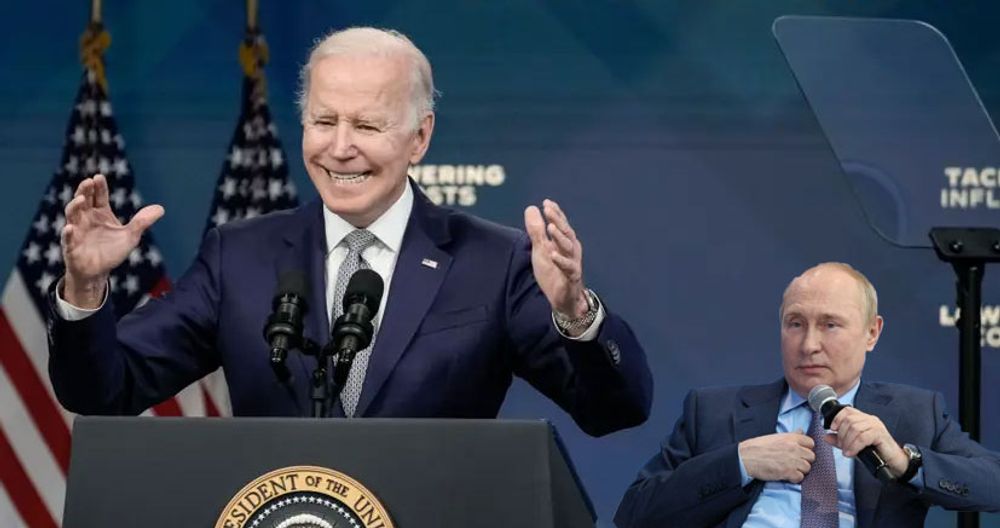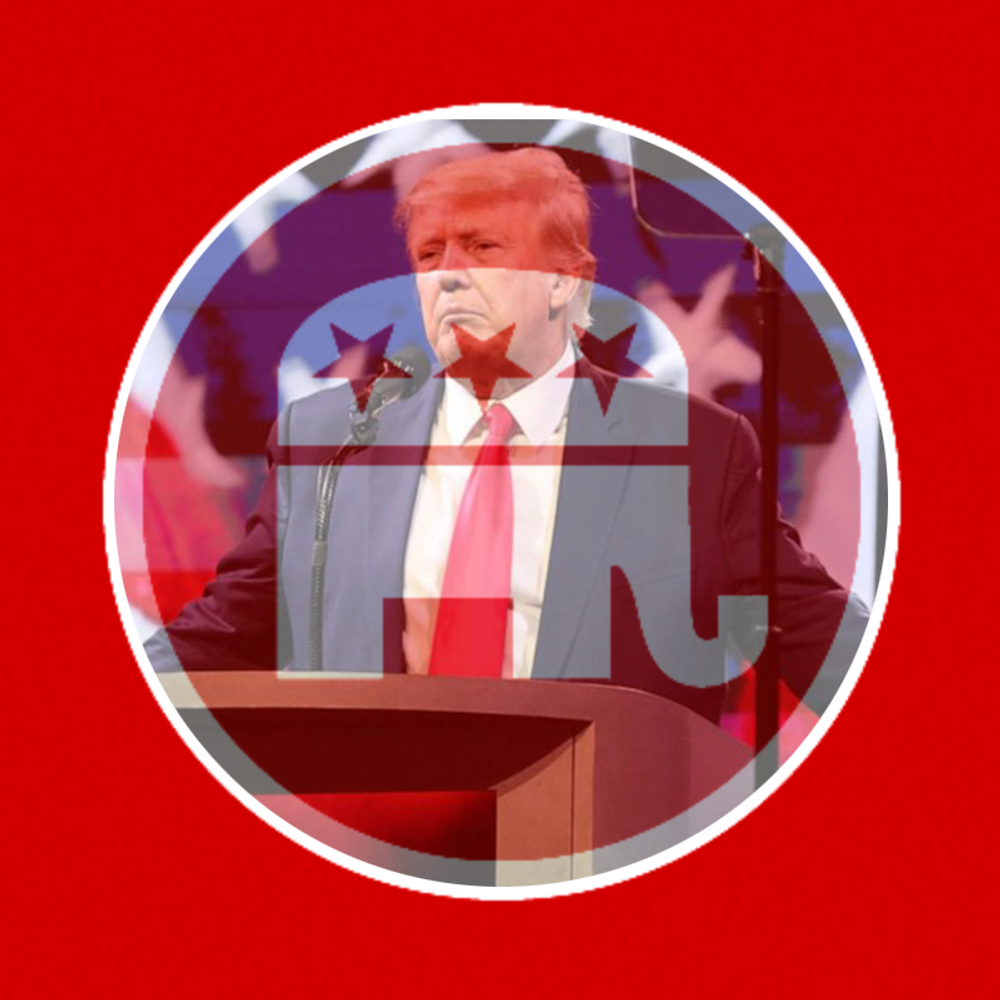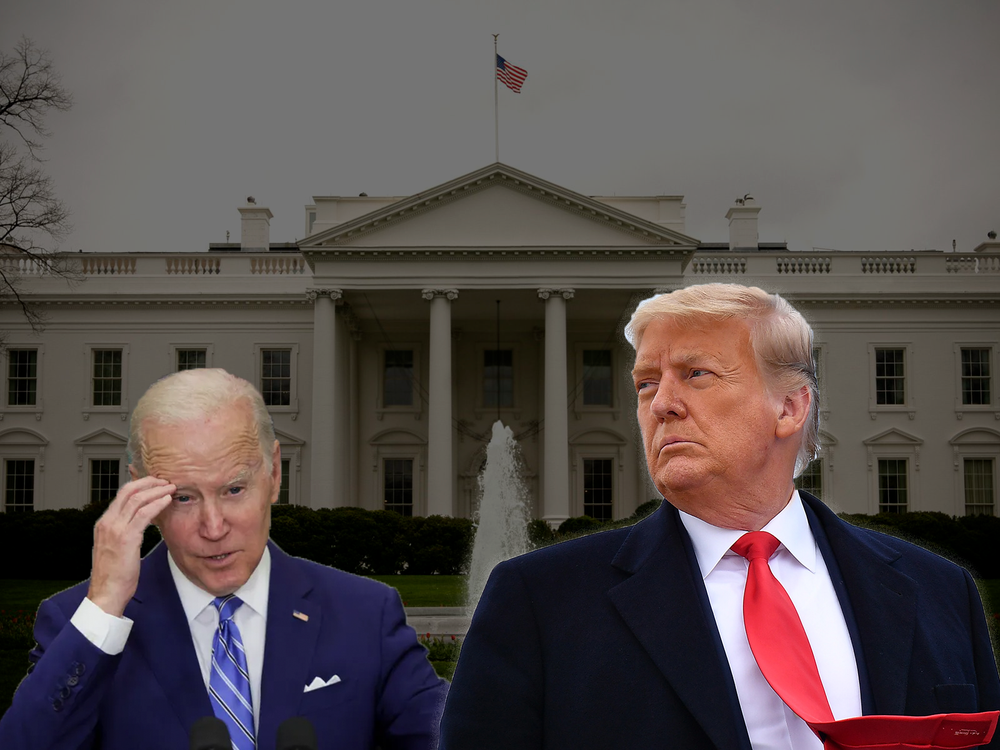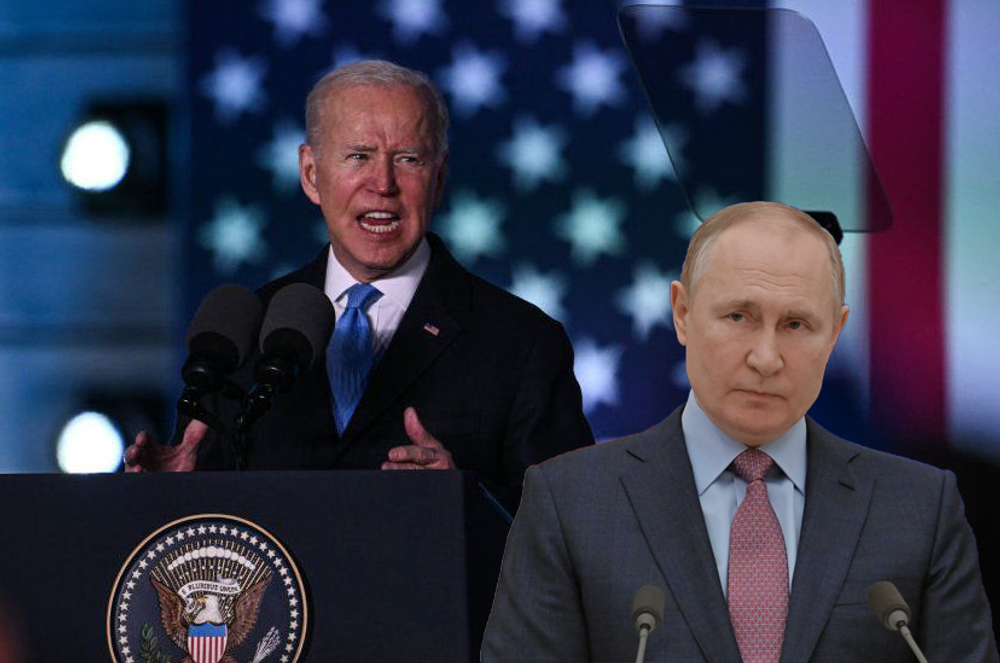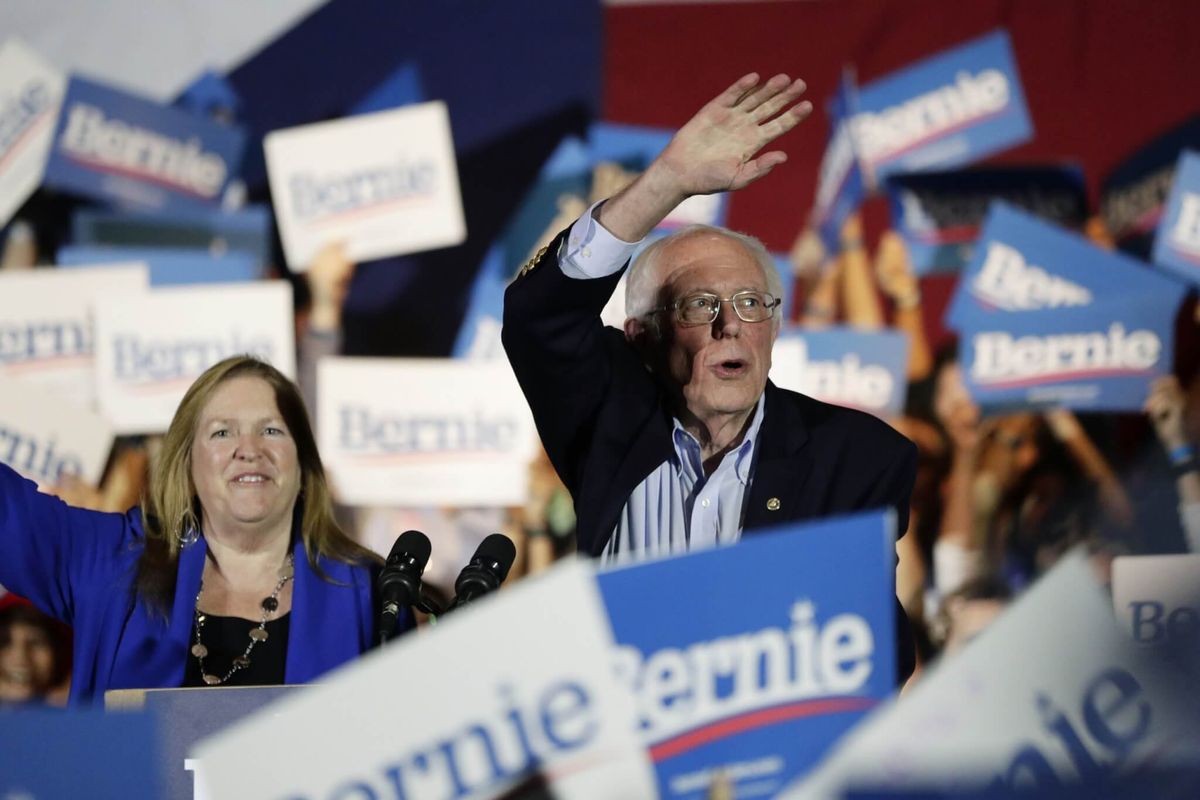
Sanders Easily Wins Nevada’s Democratic Presidential Nominating Caucuses
Democratic presidential candidate Bernie Sanders won an emphatic victory in Saturday's Nevada caucuses, strengthening his claim to the party nomination, but drawing protests from his challengers about his chances to defeat Republican President Donald Trump in November's national election.
“In Nevada we have just put together a multi-generational, multiracial coalition, which is going to not only win in Nevada, it is going to sweep this country,” Sanders, a self-declared democratic socialist, told cheering supporters at a rally in Texas, where voting takes place March 3, along with 13 other states.
“We are bringing our people together — black and white and Latino, Native American, Asian American, gay and straight,” he said.
WATCH: Mike O'Sullivan's video report
Sorry, but your browser cannot support embedded video of this type, you can download this video to view it offline.
Embed" />CopySurveys of Nevada caucus-goers bore out Sanders's claim, with the 78-year-old Vermont senator holding substantial leads over his challengers in nearly every demographic group. He easily topped former Vice President Joe Biden, who finished a distant second in the voting, with former South Bend, Indiana Mayor Pete Buttigieg, Massachusetts Sen. Elizabeth Warren and Minnesota Sen. Amy Klobuchar still further back.
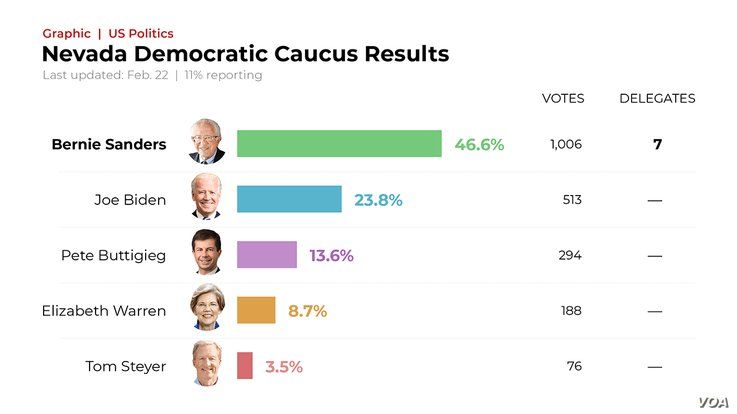
Sanders led among those with college degrees and those without and in every age group except those over 65. In the first state to vote in the string of Democratic nominating contests with an ethnically diverse electorate, Sanders won more than half of Hispanics who voted and even narrowly won among those who identified as moderate or conservative.
With more than half the vote counted, Sanders won 46%, Biden 20%, Buttigieg 15%, Warren 10% and Klobuchar 5%.
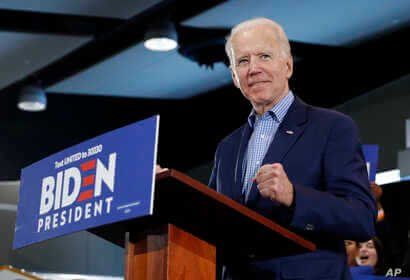
Biden, once the national leader among Democrats to take on Trump, claimed success despite winning less than than half as many votes at Sanders.
“Y’all did it for me,” he told supporters at a Nevada union hall. “I ain’t a socialist. I’m not a plutocrat. I’m a Democrat, and proud of it,” he said.
Biden, who now has lost the first three nominating contests, told CBS' "Face the Nation" show, "I feel good about where we are. I feel good about going into South Carolina," which votes next Saturday. "And I feel good about the kind of support I've had with African-Americans around the country."
Buttigieg, hoping to become the moderate Democrat to take on Sanders, claimed the Vermont senator is a divisive figure that would encounter headwinds against Trump when he seeks a second four-year term in the White House.
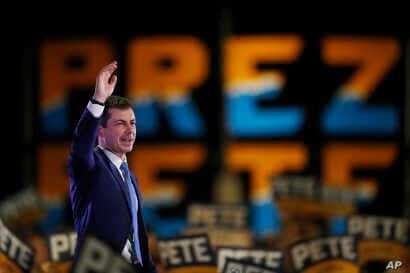
"Before we rush to nominate Senator Sanders in our one shot to take on this president, let us take a sober look at the consequences,” Buttigieg said, adding that Sanders “believes in an inflexible, ideological revolution that leaves out most Democrats, not to mention most Americans.”
Warren, in Seattle, Washington, said, "I’ve got a word for Nevada, thank you for keeping me in the fight.”
Warren, as she did at a Democratic debate last week, attacked former New York Mayor Michael Bloomberg, who has spent more than $400 million of his own money in a national advertising campaign to gain a foothold in the Democratic race, but stumbled badly on the debate stage with five other challengers seeking the nomination.
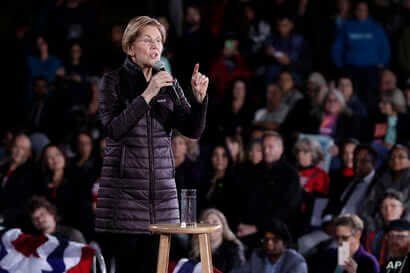
Warren, making a joke about Bloomberg's short stature, called Bloomberg "a big threat, not a tall one" who is trying to "buy this election."
Bloomberg, by his choice, was not on the Nevada ballot, nor will he be next week at the South Carolina primary, instead focusing on the Super Tuesday voting March 3, when he will be on the ballot as a third of the delegates to the July national nominating convention will be picked in one day in votes across the country.
His advertising campaign has raised his profile nationally, but analysts are waiting to see whether he improves his debate performance when all six candidates debate again in South Carolina on Tuesday night.
The challengers to Sanders are all looking to edge out other candidates to be left standing in a one-on-one face-off with him. Sanders, who also won the popular vote in Iowa and New Hampshire, now has the early lead in pledged delegates to the national convention and the prospect of winning a vast haul of delegates in the March 3 voting and in states that vote in the two weeks after that.
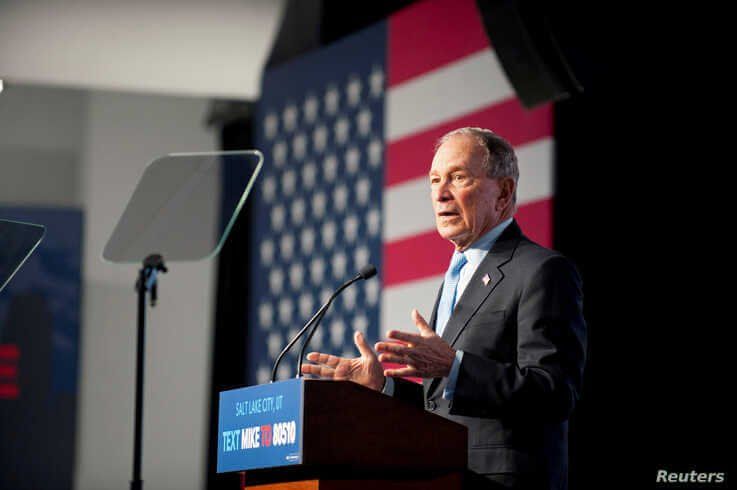
Kevin Sheekey, Bloomberg's campaign manager, said, “The Nevada results reinforce the reality that this fragmented field is putting Bernie Sanders on pace to amass an insurmountable delegate lead.” Bloomberg, at last week's debate, contended that Sanders would lose a national election to Trump.
A long-time Democratic strategist, former Chicago Mayor Rahm Emmanuel, told ABC's "This Week" show, that Sanders can yet be stopped from winning the Democratic presidential nomination, but said that, "The moderates have to coalesce around one candidate."
As the votes were slowly counted in Nevada, Trump offered his assessment of the contest to be his opponent.
"Looks like Crazy Bernie is doing well in the Great State of Nevada," Trump said on Twitter. "Biden & the rest look weak, & no way Mini Mike can restart his campaign after the worst debate performance in the history of Presidential Debates. Congratulations Bernie, & don’t let them take it away from you!"
Looks like Crazy Bernie is doing well in the Great State of Nevada. Biden & the rest look weak, & no way Mini Mike can restart his campaign after the worst debate performance in the history of Presidential Debates. Congratulations Bernie, & don’t let them take it away from you!
— Donald J. Trump (@realDonaldTrump) February 22, 2020
 From Fringe Candidate to Front-Runner: Sanders Wins Nevada With Diverse BackersNext PostUS National Security Adviser Calls Russian Election Meddling a ‘Non-Story’
From Fringe Candidate to Front-Runner: Sanders Wins Nevada With Diverse BackersNext PostUS National Security Adviser Calls Russian Election Meddling a ‘Non-Story’
